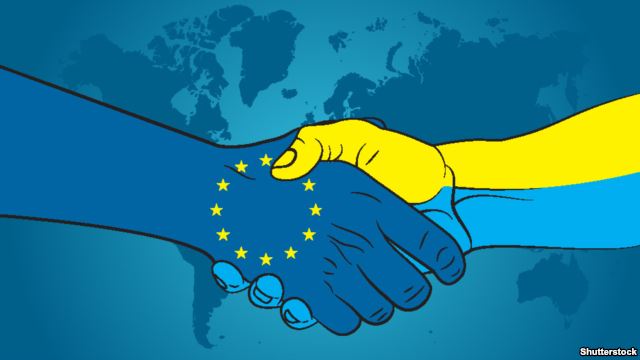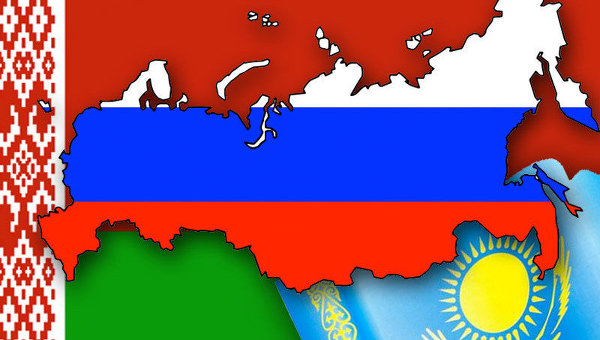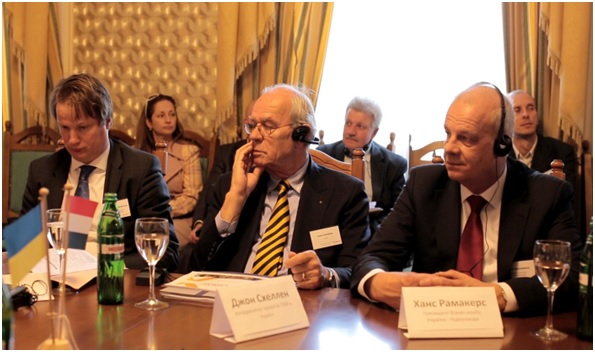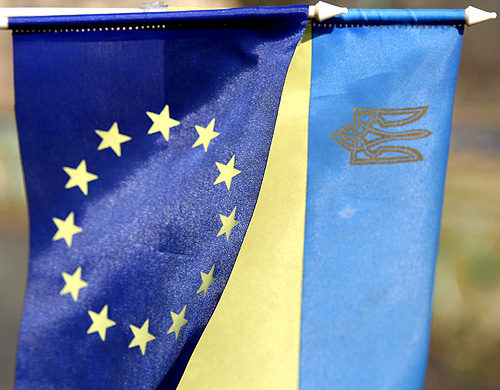“Our synchronous ratification, I am convinced, will be a holiday. European integration became our Ukrainian national idea,” stated President Petro Poroshenko on September 16 during the ratification of the Association Agreement between Ukraine and the EU. He also added that not a single word had been changed in the accorded and signed document. Poroshenko assured that the agreement would be enacted started November 1.
De facto, the ratification of the agreement is the decisive stage in a long juridical procedure. In particular, the political part was signed on March 21, and the economic one – on June 27.
What did Ukraine sign up for?
The political part of the agreement prescribes what tends to be considered European values: human rights and freedoms, respect for the rule of law, adherence to principles of sovereignty and territorial integrity, integrity of borders and independence. In addition, it is an agreement to political dialogue of sorts, particular in the sphere of defense and security, to reinforce peace and international justice, prevent war and terrorism.
However, according to the experts, the economical part of the agreement was what interests Ukraine more. Earlier it was presumed that the ratification, so the integration of the international document into national legislation, was to launch an important economical mechanism: the free trade zone between Ukraine and the EU.
However, on September 12, the FTZ was postponed for another year, until December 31, 2015. This was stated a briefing in Brussels by EU Commissioner for Trade Karl de Gucht
. According to him, this decision was approved after consultations with both Ukraine and Russia. However, Ukrainian was promised unilateral preferences. In reality this means that Ukrainian goods will be supplied to the EU without customs taxes. However, Ukraine will retain customs taxes on European goods.
Klimkin: the unilateral FTZ gives Ukrainian producers time to modernize
Foreign Affairs Minister Pavlo Klimkin, whom the EU held the consolations with, insists: Russia did not dictate its conditions, and Ukrainians should not concern themselves over the unilateral establishment of the free trade zone.
“For Ukraine, this decision allows us to work in a very effective manner with the European Union with zero tariffs, and for the future. It allows our producers to effectively prepare for the time when European goods come to our market,” notes Klimkin.
Prime Minister Arseniy Yatseniuk also assured Radio Liberty that Ukraine should only gain from the unilateral abolition of the customs tax. According to him, this gives the state time to prepare the economy: “The European market is open for Ukraine, however the Ukrainian market is closed to Europe so far.”
“And here only one thing depends on Ukraine: whether we will ratify and execute every point after the implementation of the agreement. We are ready to do so,” he noted.
Expert: the Ukrainian economy loses a lot without the full-fledged FTZ
However, experts deny the Ukrainian government’s placating thesis. The Ukrainian economy really will benefit from the unilateral free trade zone, however the full-fledged FTZ has incomparably bigger advantages. Veronika Movchan, fellowship director of the Institute for Economic Studies and Political Consultation, emphasizes this. In particular, the investigation her Institute carried out states that the implementation of the bilateral FTZ would have led to cumulative GDP growth by 14,1% in ten years. A key factor is not the abolition of customs taxes, but the lowering of non-tariff barriers in trade, through the accordance of Ukrainian legislation with the European one. However, autonomous trade preferences with the EU only give the Ukrainian GDP 1,5% percent of growth.
“I would interpret it as follows: if this is a temporary measure (the unilateral FTZ), the Ukrainian economy does not lose. But as a long-term strategy, to retain autonomy, trade preferences, keep the Ukrainian market closed, is detrimental,” notes Veronika Movchan.
Whose revenues will grow thanks to the cancelation of taxes on Ukrainian goods in the EU?
The FTZ is almost equally good for the growth of both important and export in Ukraine. However, the bilateral abolition of customs taxes and equal Ukrainian-EU standards would have brought growth of 10-11%. As of now, with unilateral agreements, we will only have 0,2% growth for import and export.
The investigation confirmed that agriculture, the food industry and light industries will gain the most from the economic agreements with the EU. It will also benefit individual, but definitely not all, sects of mechanical engineering: in particular, electric machinery production. Metallurgy and transport machinery will suffer. However, the expert added that these risks can be decreased by modernizing production, improve technologies and heighten productivity. Such conclusions are equally relevant for the full-fledged and the unilateral free trade zone.
355 members of the Parliament voted to ratify the agreement. The majority of those against were non-faction members. 21 out of 95 members that are not part of any party abstained and 16 were absent in the session hall.





